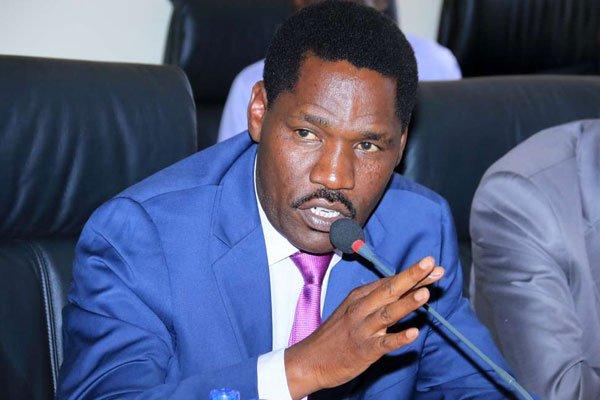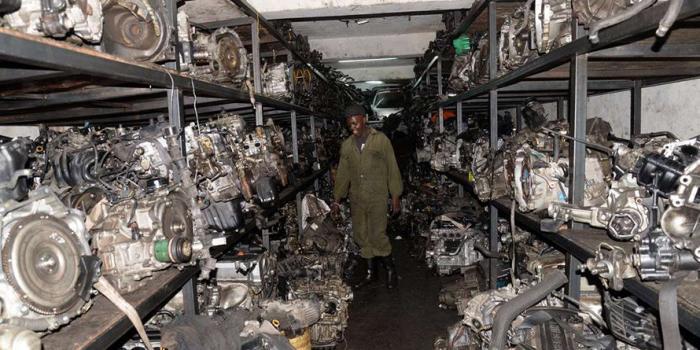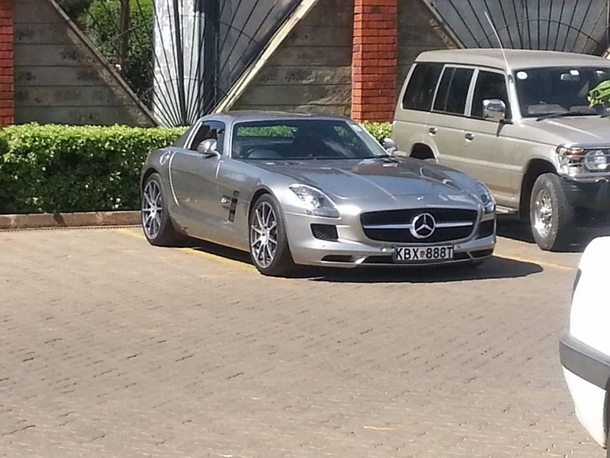The era of high-end vehicles for government officials in Kenya could come to an end as the government is keen on the buy Kenya, build Kenya initiative.
Trade and Industrial Cabinet Secretary Peter Munya on Wednesday ordered all ministries, departments and agencies to procure only locally assembled vehicles.
Speaking during the launch of the Isuzu East Africa Ksh1 billion expanded assembly, Munya stated that the plant would improve value addition, employ locals, provide jobs to suppliers and create back and forward financial linkages.

This follows the approval of the policy by the Cabinet that prevents government officials from importing automobiles for their use.
“We have said the government will only procure locally assembled vehicles so no government department will buy imported cars.
Local assemblers were offered tax relief by the government that included 15% corporate tax, which was aimed at promoting the assembly of vehicles in Kenya.
The CS commended Isuzu EA for leading the automotive industry in driving the industrialization agenda and investing in Kenya.
“The expansion by Isuzu EA was in line with the government’s ambition to grow the country’s manufacturing sector,’’ admitted Munya.
“We aim to create jobs by expanding the manufacturing sector and by being competitive and ambitious enough, we can make products that are of world-class standards here in Kenya and for export to regional markets,” he added.
The country has made several attempts to build its own cars with the most famous being the Nyayo car that was assembled in the ’90s.
Most local assemblers have in the past faced competition from secondhand imported cars from the United Kingdom and Japan.
Recently, the government, through the Kenya Bureau of Standards (KEBS), banned the importation of some used car spare parts.
This was part of the government strategy to gradually phase out second-hand vehicles in the country in a bid to increase demand for locally assembled ones.
In a notice to the pre-shipment cargo inspectors, KEBS specified 17 categories of second-hand spare parts in a policy shift.
KEBS Corporate Communications Manager Phoebe Gituku stated that the restriction applied only to used car parts and does not put any barriers for importers of new spares.

SOURCE: kenyans.co.ke






![Here are some of the best tuned cars in kenya by state of the art garages [PHOTOS]](../../../blog/wp-content/uploads/2013/11/29402_10151301757042065_340470732_n-e1384498044289.jpg)

![Top 20 Used Cars to Avoid Buying in Kenya – [PHOTOS]](../../../blog/wp-content/uploads/2013/11/top-used-unreliable-cars-to-avoid2-100x70.jpg)



